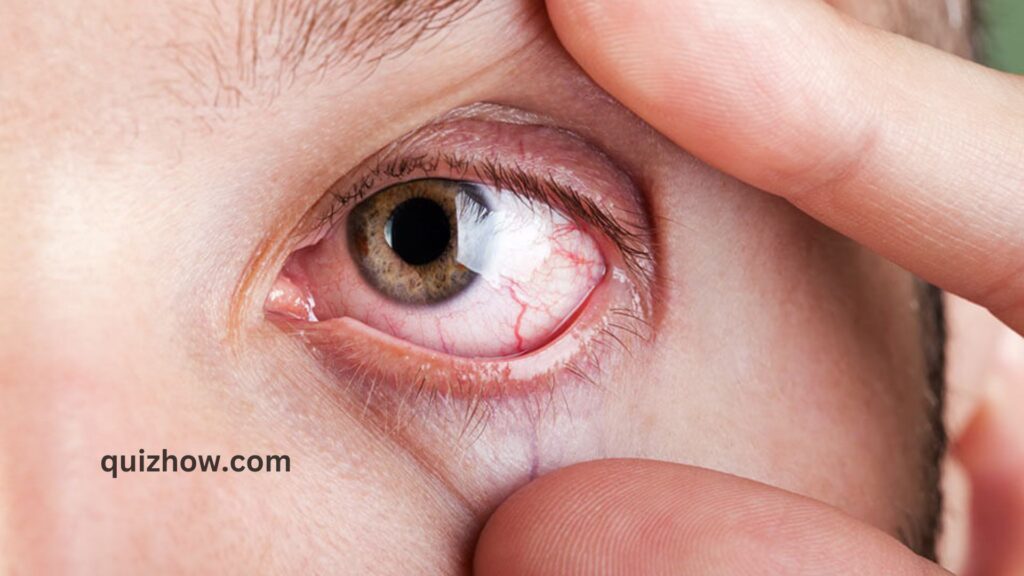There are lots of good reasons to limit your child’s screen time. It encourages them to play outside, helps them sleep better, and supports face-to-face social interactions. Plus, it’s important for their eye health.
With so much of our lives now spent in front of screens—whether for work, school, fun, socializing, or exercise—how can parents set practical limits for their families?
Ayesha Malik, OD, a pediatric optometrist at Children’s Hospital of Philadelphia (CHOP), explains how too much screen time can affect kids’ vision and shares tips for helping them build healthy screen habits.
Eye problems caused by excessive screen time

Here’s how too much screen time can affect kids’ eyes:
Eye Fatigue
Eye fatigue, or asthenopia, happens when eyes feel sore, vision seems dim, and headaches occur. It often results from staring at screens for too long. Glare on the screen can make this worse. Kids with eye fatigue might complain about headaches, eye pain, or just feeling worn out and may lose interest in activities like reading. Dr. Malik notes that intense focus on screens can cause this fatigue: “Our eyes need breaks from close-up work, and kids can lose track of time when they’re really into something.”
Dry and Irritated Eyes
Staring at a screen for a long time can make eyes dry and irritated. People blink less often when they’re focused on screens, which means less moisture for the eyes. This can be especially bothersome for kids if the screen is set up for adults.
Loss of Focus Flexibility
When kids spend too much time looking at things up close, their eyes can struggle to adjust to seeing things far away. This usually isn’t a big deal and their eyes will adapt back to normal with time.
Nearsightedness
Kids who spend a lot of time indoors on screens might develop nearsightedness, or myopia. Dr. Malik explains, “Exposure to natural daylight is crucial for eye development. Kids need time outdoors, not just for their health but for their eyes too.” Studies have shown that more indoor time is linked to a higher risk of nearsightedness. Researchers think that UV light, as long as eyes are protected from too much sun, helps in healthy eye development. Over the past 30 years, the number of kids with nearsightedness has risen significantly.
Beyond the Eyes: How Screen Time Affects Sleep and Overall Health
Screen time can mess with kids’ sleep. Exciting video games and movies can make it hard for kids to wind down before bed or a nap. Plus, the blue light from screens can confuse the brain’s sleep rhythms, making it think it’s daytime and disrupting sleep patterns.
The American Academy of Ophthalmology (AAO) says there’s no solid proof that blue light from screens harms eyes, so they don’t back the use of “blue light blocking” glasses. Instead, focus on building good habits to protect your child’s eyes during screen time. The best way to help with sleep is to cut out screens at least an hour before bedtime.

Good Eye Habits for Kids
While it’s not realistic to ban screens completely, you can teach your kids healthy screen habits. Here’s a useful tip: the 20-20-20-2 rule. Every 20 minutes, remind your child to look at something 20 feet away for 20 seconds and blink 20 times. This gives their eyes a break and helps reset their focus. (Adults should follow this rule too!)
Since kids might lose track of time, using a timer can help remind them to take breaks. And make sure they get two hours of outdoor play each day to support eye health and prevent nearsightedness.
Screen Size and Distance
Smaller, closer screens strain the eyes more. Encourage your child to use a bigger screen, like a laptop or desktop, rather than a small phone screen. Dr. Malik suggests keeping screens at least an arm’s length away and having your child look slightly down at them. Follow the 1-2-10 rule: hold phones 1 foot away, sit 2 feet from laptops and desktops, and watch TV from 10 feet away.
Eliminate Glare
Reflections on screens can make it harder for your child’s eyes to focus. Lower the screen brightness and check for glare to make viewing more comfortable.
Regular Eye Exams
Make eye exams a part of your child’s routine healthcare. Dr. Malik says, “Your child’s vision develops quickly and needs regular check-ups to catch any issues early.” Ensure your child gets their annual vision screening at school or a check-up at the pediatrician’s office.
Even if a screening looks fine, if your child has ongoing headaches, dry eyes, or eye pain, it’s important to see a pediatric ophthalmologist or optometrist. Comprehensive eye exams check not just vision, but also eye health and can spot any underlying issues.

Discover more from QuizHow
Subscribe to get the latest posts sent to your email.

